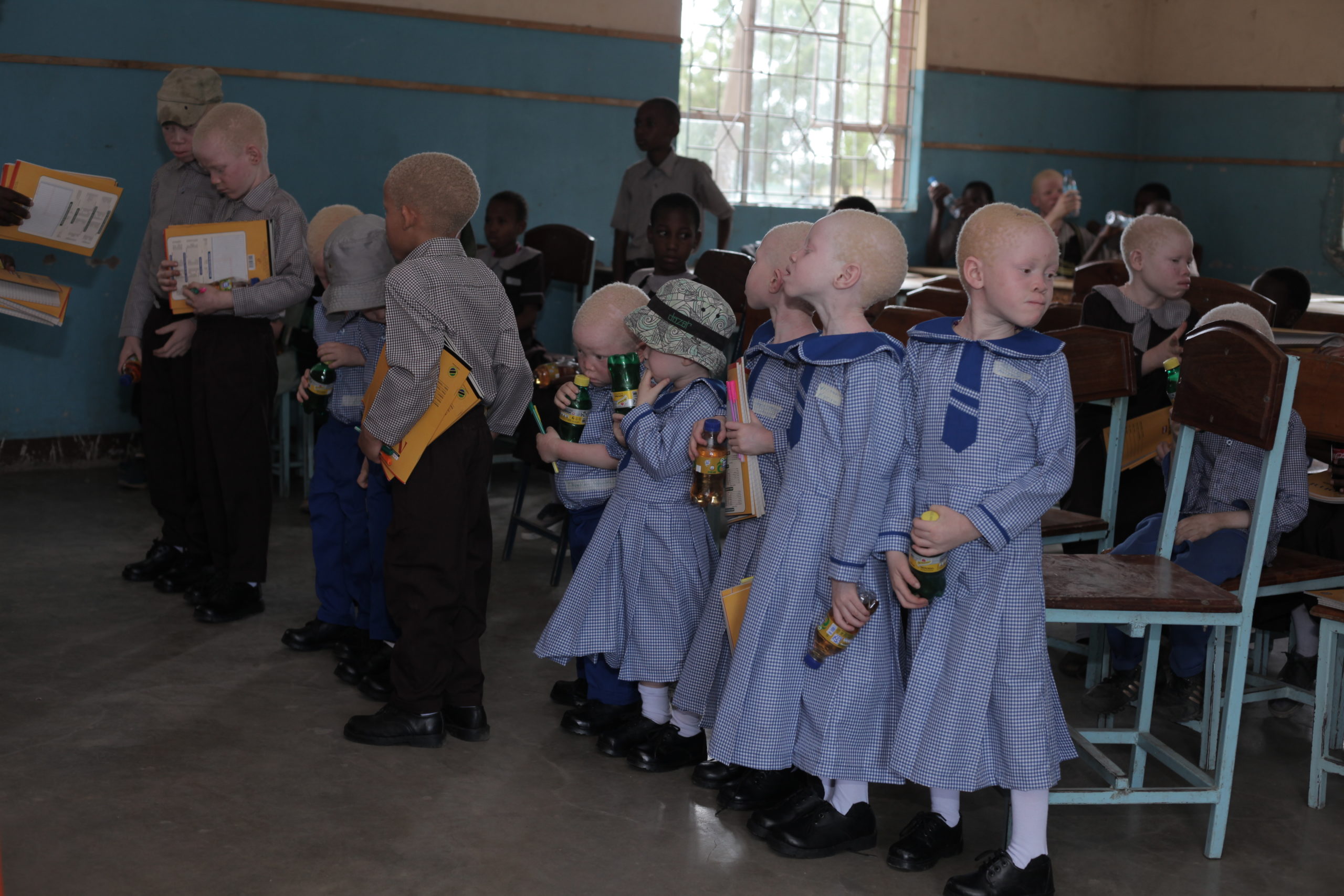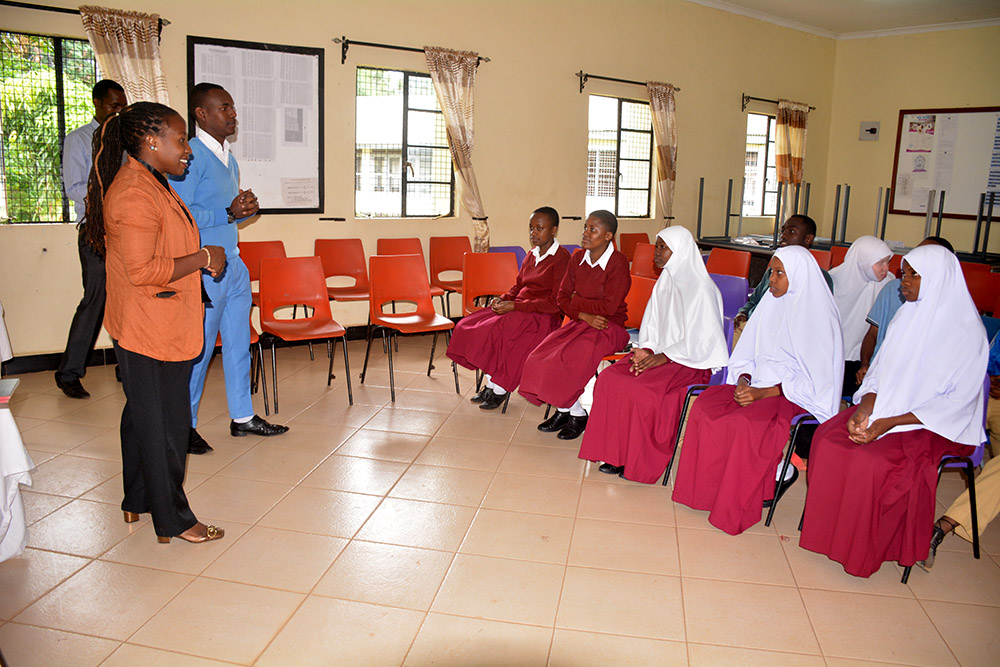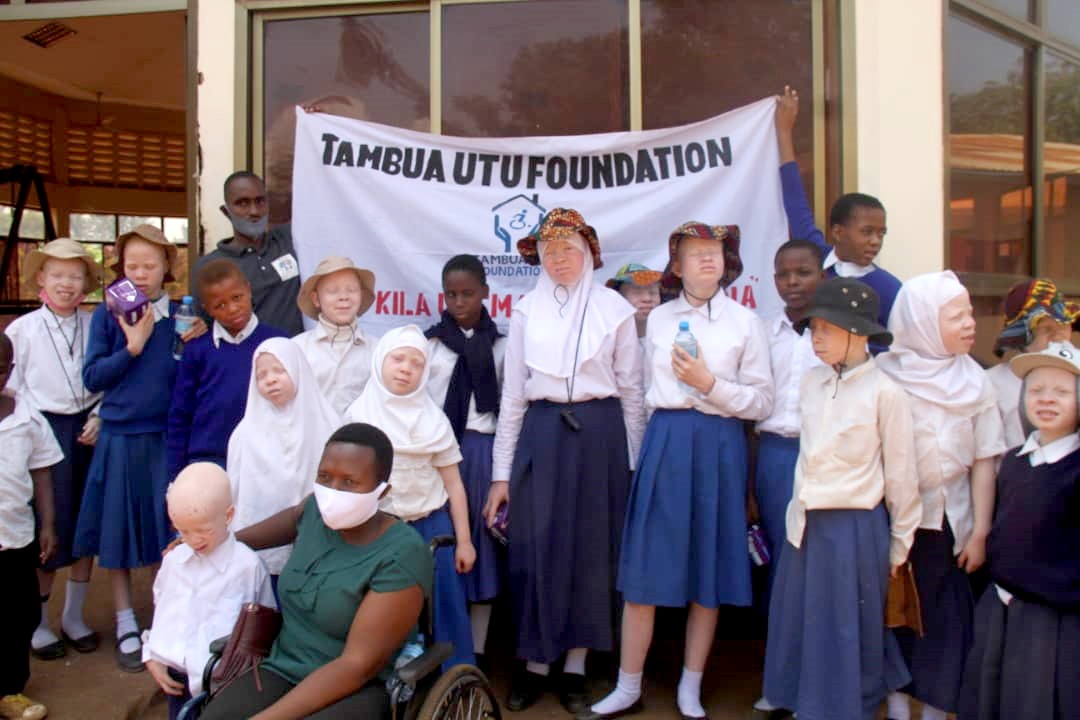Promoting Inclusive Education
Promote Inclusive Education
The children with disabilities remain one of the main groups being widely excluded from quality education. Disability is recognised as one of the least visible yet most potent factors in educational marginalisation. Due to multiple barriers like, poor school support facilities and infrastructure, limited training of teachers, poor enforcement of government educational policies on PWD’s, social stigma and negative parental attitudes, parental resistance to inclusive education, higher cost of assistive devices required for a child, normal barriers like cost of uniform, tuition fees etc.
The foundation aims to see children with disabilities have access to an inclusive, quality and free primary education and secondary education on an equal basis with others in the communities in which they live. This program targeted those children who are (1) enrolled in school but are excluded from learning environment due to lack of assistive facilities (2) those who are not enrolled in school but could participate if schools were more flexible in their responses (3) relatively small groups of children with severe disabilities who may require some form of additional support.
Provision of Assistive Devices
Provision of Assistive Devices
In collaboration with disabled people organization (DPO’s) Rehabilitation clinic and hospitals, we facilitate accessibility of assistive devices/aid to the recommended PWD. We believe that participation and inclusion has to go hand in hand with facilitation of mobility aid like a wheelchair, walking stick, white cane, and glasses. Also the skin protection gears and care. One of the mainstreaming disability inclusion approaches of the foundation is to provide facilities and aid to ensure PWD’s are able to participate in the socio-economic activities on a daily basis. We also provide assistive psychotherapy and psychosocial support for the PWD’s with mental unrest issues like those women and girls with HIV, the gender based violence survivors, sex workers and ex-prisoners in collaboration with clinical and extensional officers.
Supporting Rehabilitation care
Supporting Rehabilitation care
We link PWD’s with rehabilitation clinic for the PWD’s with physical disability, Ophthalmology clinic for the PWD’s with vision impairment, Dermatology clinic for the PWD’s with skin disability, Psychiatric clinic for the PWD’s with mental impermanent, Rehabilitation sober houses for the drug users, and to the police gender desk and social welfare extension officers for PWD’s who experienced violence or abused for follow up.
Empowerment and Gender Equality
Empowerment and Gender Equality
- Vocational Education Training
We offer training initiatives by improving entrepreneurial and financial literacy skills for the PWD’s who are vulnerable and dependent. These skills will increase their chances of exploring income generation opportunities hence earning income and being independent. - Sexual and Reproductive health training
In collaboration with clinical officers, this component seeks to educate PWD’s who are vulnerable to the sexual abuse/violence which put their sexual and reproductive health at risk. The training will be on sexual health and sexual rights, reproductive health and reproductive rights. The sexual and reproductive rights knowledge will help them claim their rights once it is violated and seek appropriate health care.
Disability and Climate Actions
Disability and Climate Actions
The program of ‘Disability and Climate justice’ is about equity, hope and innovation, It is about working together with persons with disabilities to create awareness, understanding and solutions. The Impact of Climate Change anticipated to cause hardship for persons with disabilities (PWD’s) ability to adapt livelihood opportunities and resilience. Climate change threatens PWD’s health, access to clean air, safe drinking water, nutritious food (food security), infrastructure and shelter. Additionally, many are at particular risk of neglect, abandonment, and even death during instances of natural disasters, which are increasing in frequency and ferocity, due to physical, communication, and other barriers, as well as disrupted support networks. The PWD’s needs to be considered and taken into this conversation around climate change and climate change risks.
Through advocacy, capacity building and strategic partnerships, The programme using Disability Inclusive approaches will promote preservation of forests, facilitate tree planting in short and long rain seasons and empower PWD’s involvement in the ‘green’ economy while advocating recycling and waste control.
Advocacy
Advocacy
The ‘Inclusive Future’ is the awareness raising campaign on disability rights to the wider community. We believe that everyone has the right to learn, to earn, to lead, to participate, to make decisions, to own property, to live and be happy. The campaign aims to let the community members be aware of the barriers which PWD’s face (Physical barriers, environmental barriers, communication barriers, and attitudinal barriers) for them to be included and participate in daily activities.
The human right training/awareness raising are provided to the key stakeholders and duty barriers around the project area to facilitate disability inclusive mainstreaming initiatives. These sessions go hand in hand with advocacy meetings, networking and lessons learnt sharing with decision makers to facilitate and enforce actions towards disability inclusion. We bring people from all parties of the society and provide a platform to challenge assumptions and propose solutions to the problems that affect PWD’s life. We conduct research and case studies documentation on the violation of PWD’s rights and act as a source of information to inform decision makers and duty bearers so as to provide evidence to the legal framework were needed so as to increase justice action to PWD’s





